Content from the Brookings-Tsinghua Public Policy Center is now archived. Since October 1, 2020, Brookings has maintained a limited partnership with Tsinghua University School of Public Policy and Management that is intended to facilitate jointly organized dialogues, meetings, and/or events.
In covering the North Korea nuclear issue, the media understandably have developed a narrative that gives pride of place to North Korean bomb and missile tests and short shrift to diplomatic developments surrounding them. While obviously the progress of North Korea’s weapons of mass destruction programs is a newsworthy and disturbing development, the reactions of various nations interested in the issue deserve more attention than they have received and could point the way toward greater international cooperation to freeze or roll back the North Korean programs. These developments provide a positive counterpoint to the gloom cast by the North Korean tests.
The major actors in northeast Asia are the five other countries—the United States, China, South Korea, Japan, and Russia—that took part in the Six-Party talks beginning in 2003 designed to denuclearize North Korea. All of them except Russia have individually and collectively begun to rethink their security interests in the wake of the barrage of North Korean tests, and in a way that offers promise of a more coherent and effective international approach that will make North Korea pay a larger price for its behavior.
The most important regional dynamic on this issue is the interplay among South Korea, Japan, and China. China’s natural default position for many years has been to blame both North Korea and the United States for the nuclear weapons problem in the peninsula, and to adjust its approach only slowly and incrementally in response to North Korean outrages. China’s reasons are numerous, including fear of instability or conflict in the peninsula, a desire to ensure there is not a unified Korea allied to the United States, caution about turning its North Korean nuclear-armed neighbor into an overt enemy of China, residual party-to-party ties between Beijing and Pyongyang, and fear of a massive refugee inflow into northeast China. Over the last year and a half, Beijing has missed numerous opportunities to improve its relationship with Seoul and further isolate Pyongyang, by for example its overreaction to South Korean positive consideration of deploying an American-supplied anti-ballistic missile system (Terminal High Altitude Area Defense, or THAAD) and disrespect to successive South Korean presidents, with the result that South Korean public opinion has turned decisively against China. However, China does pay close attention to the security policies of Japan and South Korea, not wishing to see these U.S. allies strengthen their military capacities or their security alliances with the United States.
In fact, changes in national mood and policy in South Korea and Japan in response to the North Korean tests have been striking, and consequential.
South Korea’s president immediately abandoned his previous hesitancy and agreed to deploy the full complement of anti-missile (THAAD) batteries offered by the United States, in defiance of Chinese, Russian, and North Korean objections. President Moon quickly obtained U.S. agreement to develop and deploy longer-range missiles to strike all corners of North Korea if necessary. South Korea’s defense minister publicly bruited the idea of inviting U.S. tactical nuclear weapons back to South Korea for the first time in 25 years. Polls showed 64 percent of South Koreans supporting the development of nuclear weapons.
Reactions in Japan have been less dramatic, but significant nonetheless. The Japanese government immediately announced a $1.5 billion increase in missile defense spending. The secretary general of the ruling LDP party suggested a national discussion of whether U.S. nuclear weapons should be allowed on Japanese soil to improve extended deterrence. There has been increased public discussion of acquisition of offensive strike capabilities and relaxation of legal constraints on use of force. The ongoing Japanese government review of its security posture undoubtedly will be affected by the North Korean tests, and more robust defense policies seem likely to ensue. Unlike in South Korea, opposition to development of nuclear weapons remains strong, with only 9 percent favoring a Japanese nuclear force, but the issue has been much more publicly discussed than in the past. Prime Minister Abe has been on the phone several times with President Trump exploring ways to tighten sanctions on North Korea and strengthen Japan’s defenses.
These developments among their neighbors have not gone unnoticed in Beijing. China understands that South Korea and Japan will not stand still in the face of North Korean provocations. In the past, it has leaned on both of them, as well as on North Korea, to try to maintain the status quo, for example imposing unilateral sanctions on South Korea for deploying THAAD while supporting U.N. Security Council resolutions imposing modest sanctions on North Korea. This time, however, China has visibly tilted against North Korea. It supported the strongest ever U.N. Security Council resolution that for the first time opens the door to constraints on exports of crude oil to North Korea, a position that Beijing and Moscow have strenuously resisted in the past. Beijing also has ordered its major banks to refuse to open new North Korean accounts, striking at financing of trade. The Obama administration had earlier broken with the notion that U.N. sanctions against North Korea could only be strictly tied to their WMD programs. The Trump administration, supported by the rest of the U.N. Security Council, has significantly expanded that breach opened by Obama. There is reason to hope that future sanctions on North Korea will build on these openings to set up a more far-ranging embargo.
China understands that South Korea and Japan will not stand still in the face of North Korean provocations.
As important in Chinese eyes as the change in the security posture of its neighbors has been what it sees as the sheer effrontery of Pyongyang. North Korea conducted its latest nuclear test, advertised as a hydrogen bomb, on the day that Xi Jinping was hosting a much-anticipated summit conference of the BRICS (Brazil, Russia, India, China, and South Africa) in Xiamen. The Chinese were furious, not only at the test, which they had warned against, but at the timing. Chinese think tank experts have said that this represented a fundamental challenge to Beijing, and Chinese policy would never again be the same. It is evident that there has been lively discussion over North Korea policy within the Chinese Party/government, and articles by prominent think tankers Zhu Feng and Jia Qingguo have essentially called for a complete rethinking and distancing from Pyongyang. This is the background to the Chinese shift in the U.N. Security Council.
The Trump administration deserves some credit for helping to orchestrate this shift in China, though the causes are largely regional and indigenous. The steady messaging by Defense Secretary James Mattis and the diplomatic heavy lifting by Secretary of State Rex Tillerson and U.N. Ambassador Nikki Haley and their staffs helped importantly to produce this outcome. President Trump’s personal relationships with Xi Jinping and Abe moved the process in a positive direction. Ambassador Haley, however, needs to avoid public threats that look good domestically but lack credibility (e.g., her recent statement that we have “pretty much exhausted U.N. options” and may as well turn the issue over to the military).
The good work by these officials always runs the risk of being trampled by the destructive public messaging of President Trump. His astonishingly foolish threat to terminate the U.S.-South Korea Free Trade Agreement (FTA) at the height of tensions in the peninsula was profoundly destructive to U.S.-South Korea relations, and induced President Moon to hold a high-profile meeting with Vladimir Putin that generated public messages attacking sanctions, oil embargoes, and American threats against the North. Reaction among the South Korean public and officials was unanimously hostile to Trump’s warnings on the FTA, at a time when the need to demonstrate to Pyongyang (and Beijing) alliance solidarity should be paramount. Trump compounded the damage by suggesting that Moon’s “appeasement” of North Korea was the proximate cause of its ICBM tests. Trump’s thinly veiled threats to launch a preventive strike, implicit in his invocations of “fire and fury” and “locked and loaded” U.S. forces, shook both our regional allies and other countries whose support is needed for tightened sanctions. If capitals interpret Trump’s threats as meaning the United States is more likely to initiate conflict than North Korea, international diplomatic efforts could shift away from degrading the North Korean threat toward containing Washington.
There are more steps that Washington, Beijing, Seoul, and Tokyo could take that would further Pyongyang’s isolation. The planned Trump-Abe-Moon meeting in New York this week sends a valuable signal of alliance steadfastness. Actions to reduce long-standing tensions between Seoul and Tokyo, such as South Korean acceptance and implementation of the 2015 agreement negotiated to settle the issue of compensation of World War II “comfort women,” would be helpful. Agreement by Xi and Moon to hold a trilateral summit with Abe (only one has been held since 2012) would improve the chances for coordinated action against Pyongyang. Chinese willingness to discuss THAAD capabilities with the United States to provide assurance China’s deterrent will not be eroded by the system, followed by lifting of Chinese sanctions against South Korea, would be a highly desirable development, but it does not appear to be in the cards right now.
It appears that President Trump will visit Beijing, Seoul, and Tokyo in November. This trip will provide an opportunity to build on the diplomatic progress of the last month and shape a unified international policy toward North Korea. At the same time, Trump’s lack of discipline and apparent failure to understand the consequences of his remarks runs the risk of outcomes that muddle or set back these policy achievements and goals. The trip will be a signal test of the ability of Chief of Staff John Kelly, National Secretary Advisor H.R. McMaster, and Secretary Tillerson to advance an effective strategy without the boss blowing it up.
The author appreciates the suggestions in the drafting process by Brookings colleagues Richard Bush, Jonathan Pollack, Ryan Hass, Jung Pak, and Cheng Li, as well as former U.S. ambassador to South Korea Mark Lippert.
The Brookings Institution is committed to quality, independence, and impact.
We are supported by a diverse array of funders. In line with our values and policies, each Brookings publication represents the sole views of its author(s).

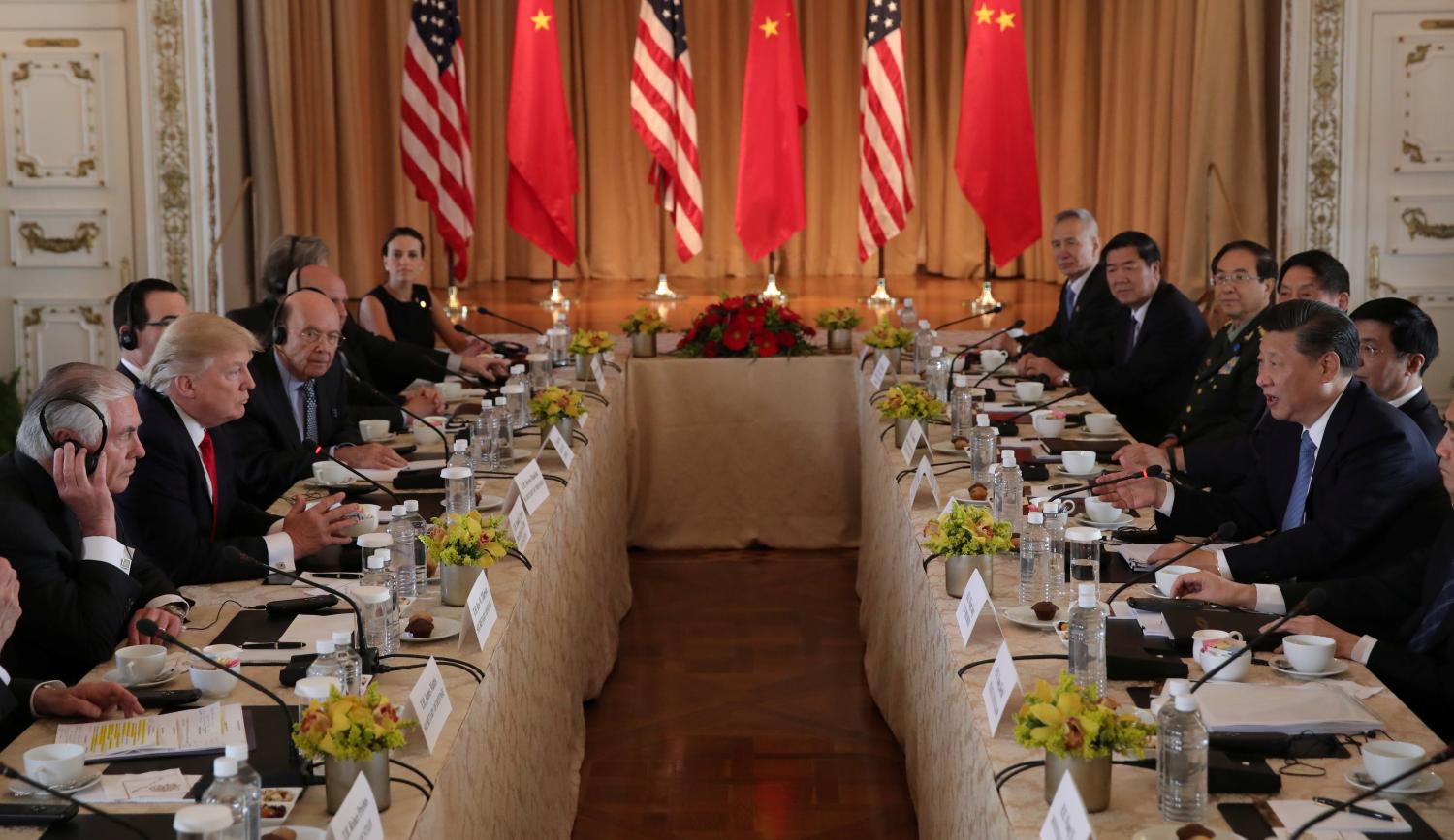
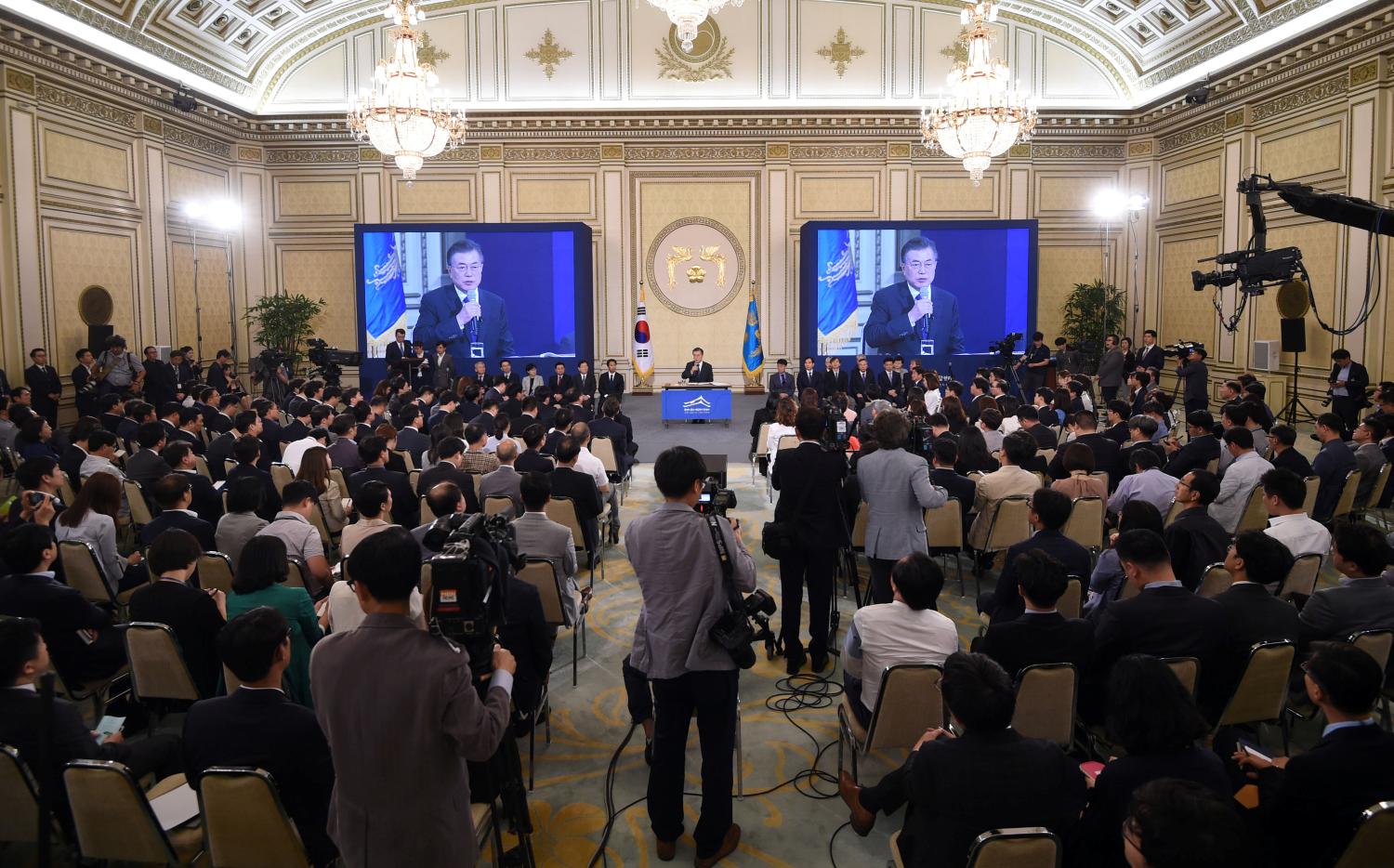
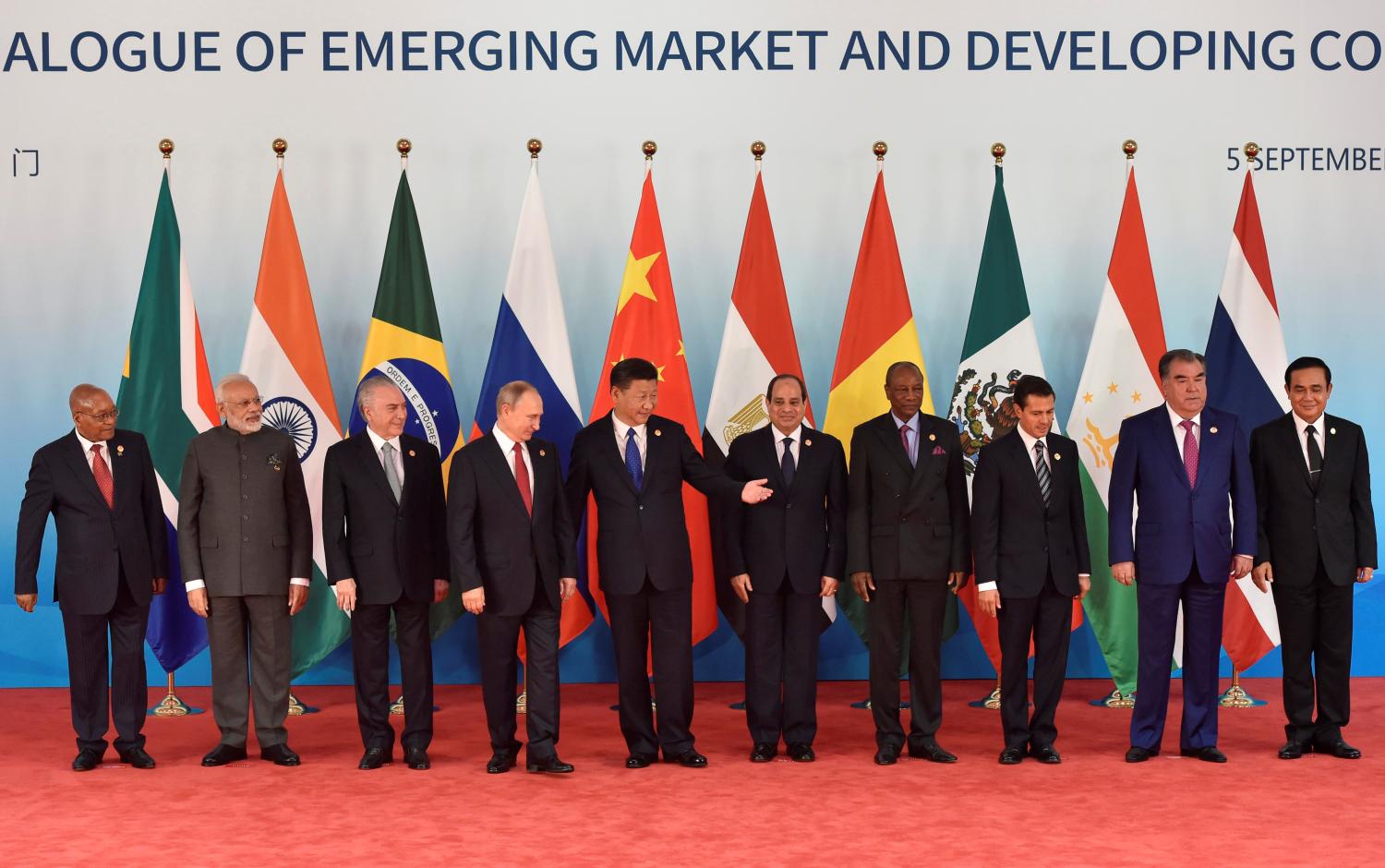
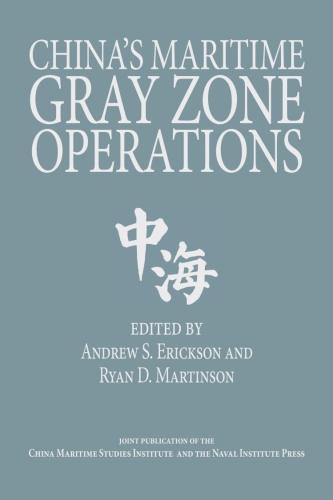

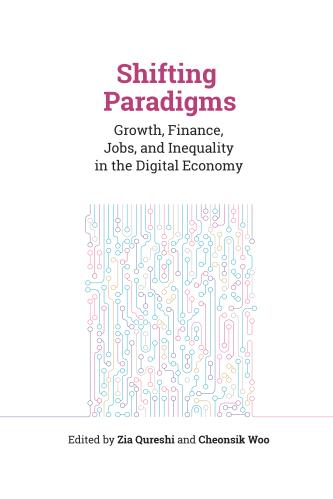
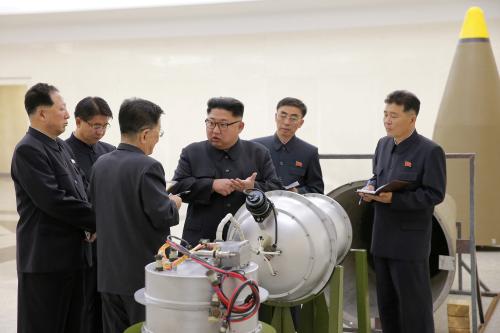
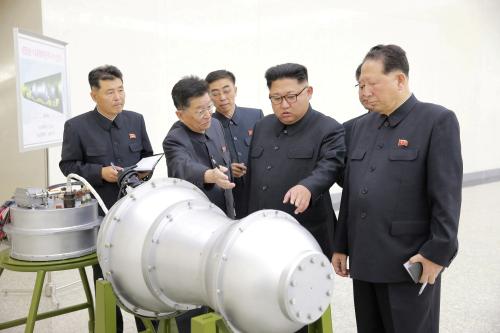
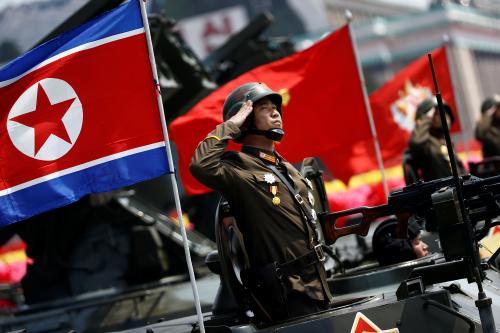


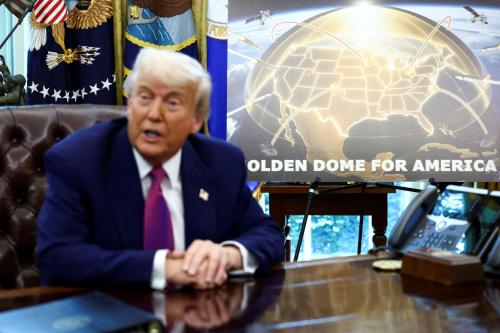
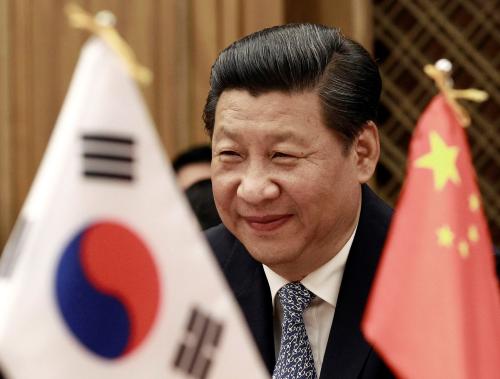
Commentary
Diplomacy toward North Korea: Some good news
September 18, 2017